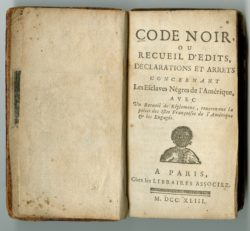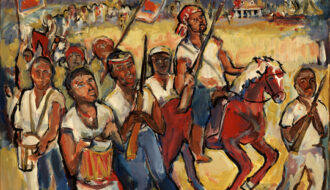
7.12 d. German Coast Slave Insurrection of 1811
As many as five hundred enslaved people participated in an uprising against slaveholders in the Territory of Orleans.

As many as five hundred enslaved people participated in an uprising against slaveholders in the Territory of Orleans.

Enslaved people from Louisiana sugar plantations staged the largest slave revolt in United States history in 1811.
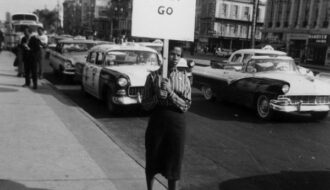
In the late nineteenth century, the implementation of Jim Crow—or racial segregation—laws institutionalized white supremacy and Black inferiority throughout the South.

After the Civil War, African Americans gained some political rights and power before having them taken away again during the era of Jim Crow laws and segregation.

John Law was the architect of the plan to consolidate French colonial trading companies, including those in Louisiana, into a single monopoly, the Company of the Indies.
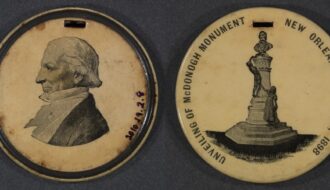
Businessman and real estate investor whose extensive involvement with slavery complicates his legacy as a benefactor of public education.
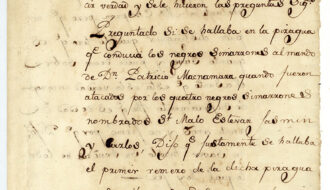
Juan San Maló (Jean St. Malo) was the leader of a group of self-liberated formerly enslaved people who founded their own maroon resistance community in the bayous and wetlands southeast of New Orleans, in present-day St. Bernard Parish.
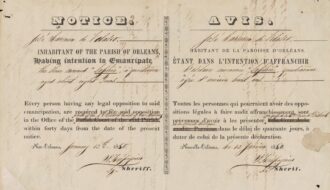
Manumission is the formal act or process of being released from slavery.
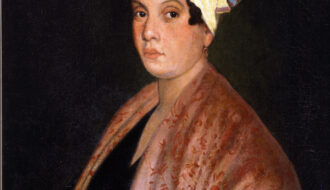
Marie Laveau was a free woman of color born in the French Quarter of New Orleans. Laveau assumed the leadership role of a multiracial religious community for which she gave consultations and held ceremonies. During her time, she was known as "The Priestess of the Voudous"; among many other colorful titles.
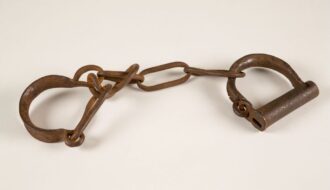
The rebellion of enslaved people aboard the ship Creole resulted in the self-liberation of more than 120 people.

Slavery existed in Louisiana from its earliest origins as a French colony through the Confederacy's defeat in the Civil War. Slave insurrections, however, were unusual events.
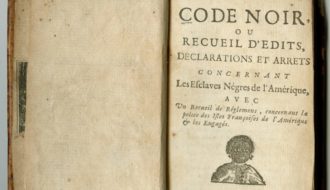
As early as 1699, when Pierre Le Moyne d'Iberville first began to develop the French colony of Louisiana, he petitioned the king to allow a slaving expedition to the west coast of Africa to procure captive laborers.
One-Year Subscription (4 issues) : $25.00
Two-Year Subscription (8 issues) : $40.00
